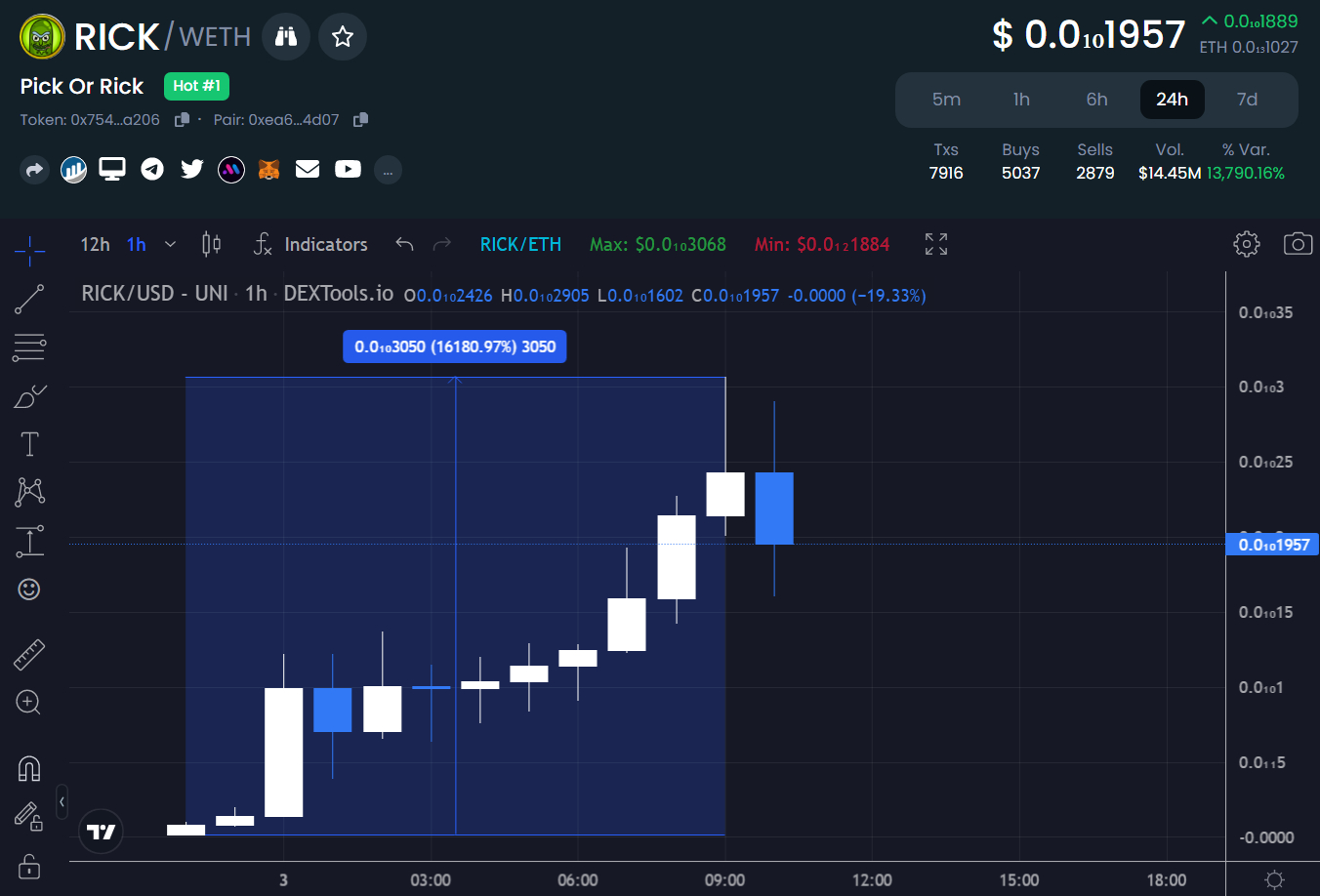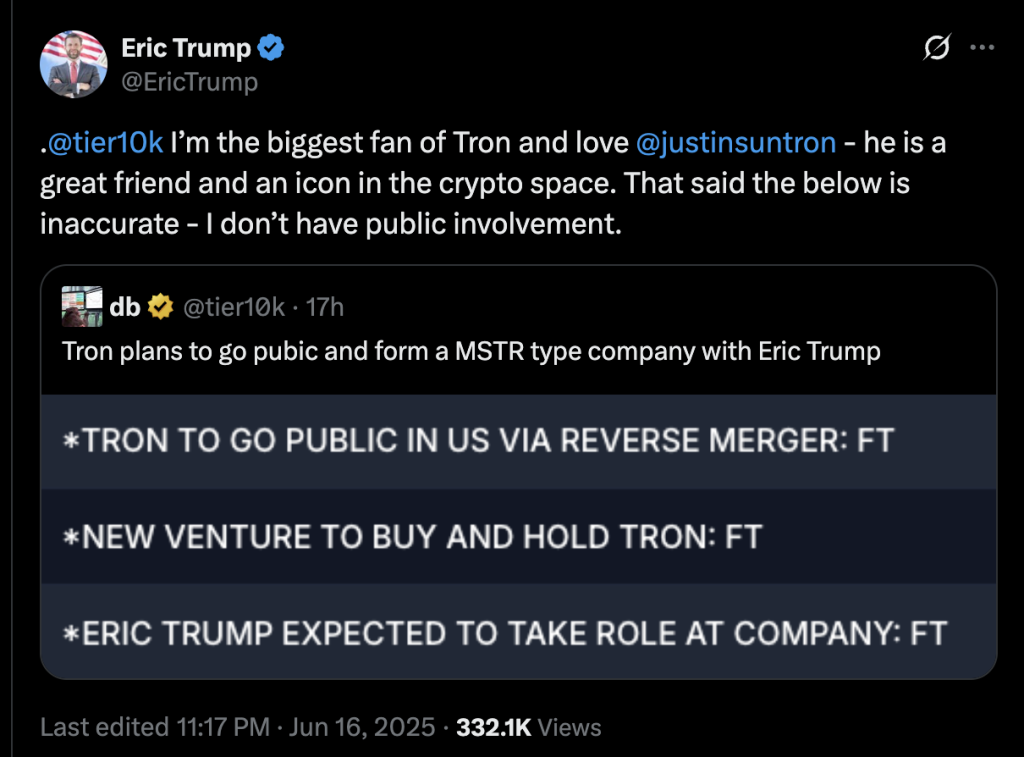What are the raised expectations of the new generation of graduates entering the labor market and … [+]
getty
As the class of 2023 prepares to enter the job market, how should businesses prepare to meet their raised mental health expectations? This particular graduating class saw their institutions go above and beyond to support their mental health in response to the Covid-19 pandemic. Will this create an even greater demand for mental health resources and how will that impact an already competitive talent landscape? May was Mental Health Awareness Month, the same month this class enters the job market. What are the raised needs of 2023 graduates entering the labor force? And how can employers prepare to meet the needs of these new job seekers?
What New Graduates Should Look For In A Job
A recent report from Betterup found that organizations are experiencing blow back from rising uncertainty and the new increased pace of change. Key findings are as follows:
- 96% of workers say they are looking to change jobs this year.
- 74% of Gen Z and Millennials are ready to quit over lack of development
- Only 32% of U.S. full- and part-time employees are engaged
- 18% of U.S. full- and part-time employees are actively disengaged
The report cited the top four reasons nearly 80% of organizational change fails:
- Companies rely too heavily on tools or processes.
- Leaders don’t know what skills to prioritize in development.
- Managers lack the necessary skills and mindsets to be effective.
- Transformation efforts are not people-centric.
As graduates enter the job market, they are looking for something drastically different from the Draconian workplace practices of their predecessors. As both the CEO of Tenth Street Hats and the chief guide officer of Create Meditation, Carson Finkle shared with me the mental wellness resources graduates can expect from prospective employers. “One mental health resource new graduates should look for is a hybrid work schedule between office and home to help develop a healthy work-life balance,” he said. “The fallacy that you will be happy if you grind 60-plus hours per work to be successful and make a lot of money is finally starting to come to an end. Recent college grads are rightly prioritizing work-life balance and their mental health over grueling work schedules. Starting with a job that shares that priority will set grads up for long-term mental wellness success.” He notes that worker mental well-being is getting worse, especially for younger job seekers. “I feel strongly that finding a company that takes their employees’ mental well-being seriously will pay dividends for their career.”
Finkle believes new job seekers should ask a number of questions about mental wellness resources before accepting a job.
- Do you have a mental wellness program?
- Do you offer free therapy?
- What is the company currently doing to help with their employees’ mental health?
- Do you offer fully remote positions? How many times per week is it expected to be in the office?
- What type of vacation policy do you have?
- Does the company have a culture of a good work-life balance? Can you explain how you actively promote positive work-life balance?
5 Ways Employers Can Accommodate New Job Seekers
Finkle told me by email that there are five actions employers can take to attract the new generation of job seekers who are looking for something different.
- A Team Component. He suggests incorporating a team component to have full participation with a company’s mental wellness program so that it is ingrained into the company culture. “Some companies will offer their employees free access to a meditation app, but I believe strongly that a manager and their direct reports should participate in a group meditation once per week,” Finkle says. “Making this into a team activity develops a stronger mindfulness culture within the company because everyone shares the mindfulness experience, which breeds togetherness. Managerial involvement is also important. When something is scheduled by the manager on everyone’s calendar, it acts as a healthy forcing function that gives everyone permission to leave their tasks and participate. If the offering is a siloed activity with no managerial buy-in, the opt-in rate from employees will be much lower.”
- A Hybrid Schedule. Finkle recommends a hybrid work schedule that requires employees to come into the office two times a week. “I know a lot of people are requesting fully remote opportunities, but research suggests that one’s greatest fulfillment and happiness comes from their strong social connections.” His recommendation has the support of the Surgeon General’s recent report, stressing the importance of connections at work, and more CEOs like Arianna Huffington, who see it as one of the basic needs that must be addressed in the workplace for stress management and burnout prevention.
- Coaching Around Mental Health. “Even though openly discussing one’s mental health has come a long way, there is still a stigma in the workplace surrounding discussing one’s mental health,” Finkle asserts. “There especially seems to be a gap between the older generations and the younger generations. A solution to this could be to assign all employees a business coach that they meet with once per week. This will help foster a company culture of shared and individual growth and give an employee access to someone outside of the company they can discuss personal issues with.” His recommendation has the support of the Betterup research which shows when a company has a culture of coaching, they have an increase in performance (24%), goal attainment (20%) and engagement (18%). In an environment where employees are experiencing new challenges, it is increasingly important to offer resources that improve organizational performance plus employee belonging, satisfaction and resilience.
- Mindfulness Practices. There’s a science behind mindfulness meditation and its use in the workplace. It harnesses the social circuitry of your brain and resets and recharges your mind during the workday. “Companies can provide in-depth mindfulness training as part of their onboarding process,” Finkle points out. “This can be done in person or through zoom. The practice will help employees manage work stress and mitigate burnout, but it will also show prospective employees that the organization takes mental wellness seriously. Making mindfulness part of onboarding is a signal to employees from the very start that mental wellness is part of the company’s culture. Having all employees learn and develop the skill of breathing will give them some tools to manage their nervous system.”
- Ample Vacation Days. “Offering 4 weeks (or more) of allocated vacation days (that everyone in the company takes) is better than offering unlimited vacation,” according to Finkle. “Unlimited vacation sounds great, but because employees feel guilty about taking vacation, they often end up working more. Those who work at companies that offer a specific number of vacation days are much more likely to take advantage of their vacation time. When it is a sanctioned vacation that HR reminds everyone to take, employees feel they have permission to take the time off. It removes any guilt or judgement.” Research is on Finkle’s side. Data show that taking even short vacations reduces work stress and boosts job performance, adding to employee well-being and the company’s bottom line.
Credit: Source link











